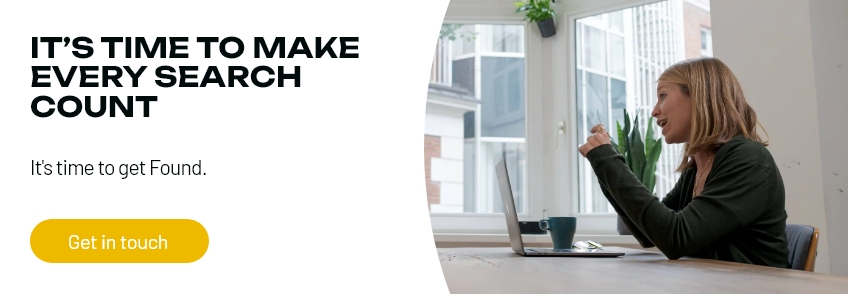Episode 176 of Steven Bartlett’s ‘The Diary Of A CEO’ podcast is currently doing the rounds as a hot topic of discussion because of comments made during the session about Gen Z.
In the episode, titled ‘Simon Sinek: The Advice Young People NEED To Hear’, Steven Bartlett (British entrepreneur and founder of Social Chain) states:
‘I have a fear that Gen Z are the least resilient generation that I’ve ever seen.’
The internet is now full of people either agreeing with the sentiments that Steven shared during the session or critiquing his stance and generalisations about a social group he himself has no part in.
We’ve talked about the content internally and some of our specialists feel really passionately about the topic so today we’re going to have one of our team member discuss their thoughts on Steven Bartlett’s comments with you all.
Generation Z (or Gen Z) is anyone who was born from 1997-2012 according to Wikipedia.
Before I begin my argument against the devilishly handsome and successful Steven Bartlett, I’ll disclose that I am not technically a fully paid member of Gen Z I am actually a Millennial (born in 1995). I do however feel a duty to jump to the defence of my younger sibling and Gen-Zers around the world.
So, I want to pull out a few quotes from the interview with Simon Sinek and challenge them directly.
1. ‘TikTok is telling people what work is like’
This is an interesting one, I actually think that Gen Z probably believe the opposite, I’d argue that they understand the difference between social media and realty much better than their older counterparts do. Why? Because they see it every day, surely, they can decipher a fake or staged video from the real thing? Surely, they know that the corporate world isn’t all about “muffins” and “pottery classes”. Though, that does sound quite idyllic, I must say…
2. ‘Look at the storms my father went through’
Now, I don’t know what his father did for work, I’m going to guess that he wasn’t in digital marketing, but we get our fair share of storms and stresses to deal with in a Marketing agency. Angry clients, not hitting forecasts, short deadlines etc but I think younger generations can contextualise these things better. Senior staff know what’s achievable within a certain timeframe and know when it’s time to push back. I think it’s simply the case that nowadays companies are better at dealing with storms when they come now and that younger members of the team are getting guidance and help that they might not have had in years gone by. Is that a bad thing? Absolutely not.
3. ‘They can hoist a main sail in a storm’
As a lover of Russell Crowe’s Master and Commander, I’m a fan of this nautical expression (used by Simon in the interview). I do, however, feel the urge to push back on this comment in defence of Gen Z. How do you know that members of Gen Z can’t cope in a crisis? Have you put them under pressure, and seen them fail? If so, have you reflected on why they failed with them? Feedback is so important to give and helps to grow junior members of your team. Have you provided your youngest employees with the tools and knowledge they need to cope in a crisis? You need to help people to succeed. I feel that Gen Z coped pretty well in during Covid, which was a totally unprecedented work hurdle. Here at Found, we all just took our laptops home and cracked on with business. Can Gen Z hoist a main sail in a storm? I firmly believe so. Leaders just need to show them how, and when it gets windy give them a hand, if needed.
4. ‘Demands come on a Saturday’
I am a strong believer of working what you are paid to work. I am not naïve and (of course) understand that there will occasionally be deadlines to meet, and you might have to work late one evening or work through your lunch breaks to get something over the line. I am however an even stronger believer of proper planning and organisation (check out my Trello board if you doubt me). These kinds of occurrences should never be the norm. If they are, that indicates a lack of resourcing or poor planning. Is it a bad thing that young people aren’t happy about working on their days off and are vocal about that? Absolutely not.

I hope I’ve done a good job of defending my Gen Z colleagues against some of Steven and Simon’s comments. If you’d like to talk to me about my thoughts or about my marketing specialisms (SEO & CRO) then, please, get in contact!


